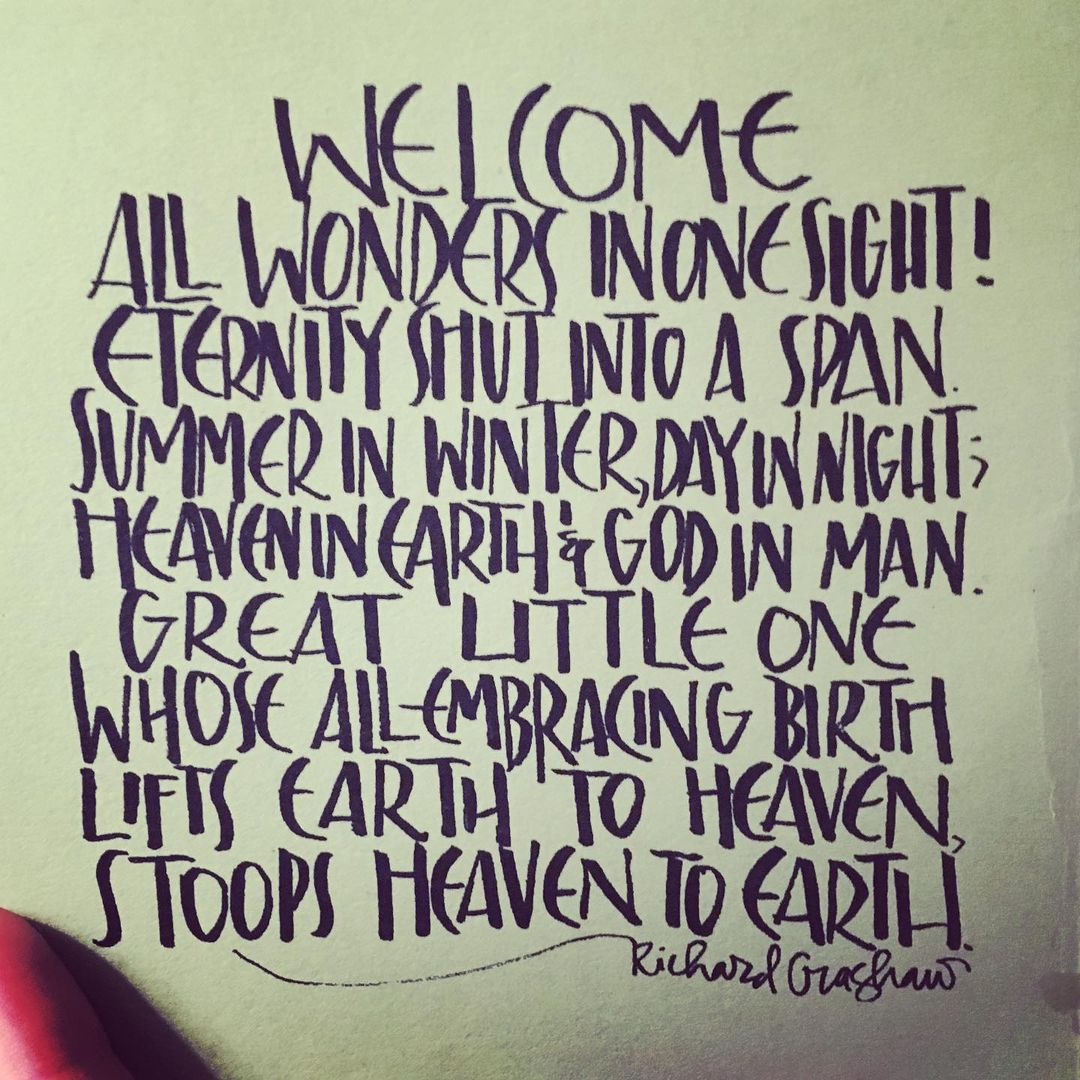Possible Preaching Themes
Possible Scientific Resources
- The sense of direction and wayfinding;
- Parent-child genetic bond; Sibling genetic bond
- The Sense of Direction: In today’s first reading, Moses is led by God to “where he needs to be” to fulfill his vocation, and in the Gospel, the return of the Prodigal Son exhibits a return to the place of his origins. Is “getting where we need to be” something more than simply following directions? Might it be a part of the created order?
- Getting to where we need to be is a skill that may be inherent in nature, even on the base level of cells themselves https://www.sciencedirect.com/science/article/pii/S0960982220313403
- The sense of direction may come from cells in the brain https://www.scientificamerican.com/article/sense-of-direction-innate/
- The Parent-Child genetic bond is taken seriously by medicine, education, and psychology, particularly as we have come to understand more and more about how chronic conditions (and even trauma) are passed down from generation to generation.
- Biological Epigenomics studies this field of medicine https://srcd.onlinelibrary.wiley.com/doi/pdfdirect/10.1111/cdev.13329
- Even to the point of transmissible neuropeptides (oxytocin) between parent and child https://ruthfeldmanlab.com/wp-content/uploads/2019/06/OT-and-cross-generation-transmission.HB2010.pdf
- It is being discovered that generational trauma can be passed down through the genetic code https://www.themeadows.com/blog/epigenetics-and-complex-trauma/
- Similarly, it is proposed that socioeconomic status may, also, be connected to shared parent-child DNA https://www.futuremedicine.com/doi/pdfplus/10.2217/epi-2018-0042
- Sibling Birth Order may shed some psychological light upon the relationship in today’s Gospel between the younger and older brothers.
- Susan McHale and others present an overview of “Sibling Relationships and Influences in Childhood and Adolescence,” https://www.ncbi.nlm.nih.gov/pmc/articles/PMC3956653/
- “Navigating Sibling Relationships,” introductory article from psychological perspectives https://www.psychologytoday.com/us/basics/family-dynamics/sibling-relationships
Homily Outline Combining Resources
Homily outline
- Unbreakable bond: In the first reading and Gospel for today (and, to a lesser extent, the Second Reading), there exists a bond of some kind that is unbreakable: between God and the Israelites, between the writer of 1 Timothy and Christ Jesus, and between the parent and child in the parable of the Prodigal Son.
- Not only this, but Jesus’ audience in today’s Gospel is identified by Luke as “tax collectors and sinners,” with whom – as well – God has an unbreakable bond of care.
- What if the “bond” between parent and child is more than simple affection or even responsibility, but is – in fact – an unbreakable genetic bond that is crowned by love?
- If so, might such a thing be echoed in God’s relationship to Israel? How is it being echoed (and expanded) by Jesus’ direct address to the “tax collectors and sinners” to whom today’s story is addressed?
- God does not give up: It remains a mysterious to many as to why God does not give up on Israel, especially after continued flirtations with golden calves, abandonment of covenant, or (as in some of the minor prophets) a wholesale rejection of justice.
- The “reason” often given is that God loves them. And while that is true, might the bond between the Creator God and Israel be a bond that is actually physical? This is not often considered, but creative thinking around the Incarnation of Christ might provide some deep reflection on this possibility.
- How might preachers and hearers understand and expand upon this idea of an unbreakable bond if the creation narratives are understood considering genetic developments that forever tie parent to child?
- Genesis does say, after all: “let us create them (man, אָדָ֛ם) in our image” (1:26), and later in the Davidic narratives, “I will be his father and he will be my son” (2 Sam 4:14; 1 Chr 17:13).
- The long version of the Gospel presents a triptych that advances in hierarchy from lesser to greater dignity: a sheep, a coin, and finally a human being. Each subsequent category is more valuable than that which precedes it, again being echoed in the makeup of Jesus’ audience today, outcasts who represent the “lost” or rejected.
- Multiple Roman Catholic sources underscore the dignity of the human person. Pope John Paul II repeats this in his encyclical letter Centesimus Annus (n. 11, https://www.vatican.va/content/john-paul-ii/en/encyclicals/documents/hf_jp-ii_enc_01051991_centesimus-annus.html ). It is also a theme that echoes throughout Pope Francis’ encyclical Laudato Si’ (e.g., n. 30, https://www.vatican.va/content/francesco/en/encyclicals/documents/papa-francesco_20150524_enciclica-laudato-si.html )
- The point is that the bond between parent and child is unbreakable, even beyond human brokenness. If estrangement does occur, enormous emotional pain will be the result, and Luke’s words that the Prodigal “came to his senses” (or “came to himself” in Greek) implies that without the parent, the child is also incomplete.
- Pastorally, this means that families among our communities who are estranged may not only be experiencing emotional pain, but – if science enters the fray – pain that is at a much deeper (even genetic!) level, sometimes without even conscious awareness. The medical fallout from such estrangement is still being discovered, but it is not a far stretch to assume that such brokenness has long-term consequences for our own health and the health of those from whom we are separated (who share our DNA).
- Celebrating Eucharist. It is important to note that in each of the “findings” (sheep, coin, child), a joyful celebration follows.
- Is this not precisely what we do in the Eucharistic feast, wherein the body and blood of Christ (spiritual DNA, even!) is exchanged between Christ who hosts the meal and those who partake of it?
- Might genetics, and especially the parent-child bond, provide a rich commentary on the dictum of Augustine that “we become what we receive?” https://pocsy.files.wordpress.com/2019/06/sunday-23-june-corpus-christi.pdf
Related Homily Outlines
Couldn’t find what you’re looking for?
Try searching with another filter

Preaching with Sciences

Edward Foley, Capuchin
Duns Scotus Professor Emeritus of Spirituality
Professor of Liturgy and Music (retired)
Catholic Theological Union
Vice-Postulator, Cause of Blessed Solanus









